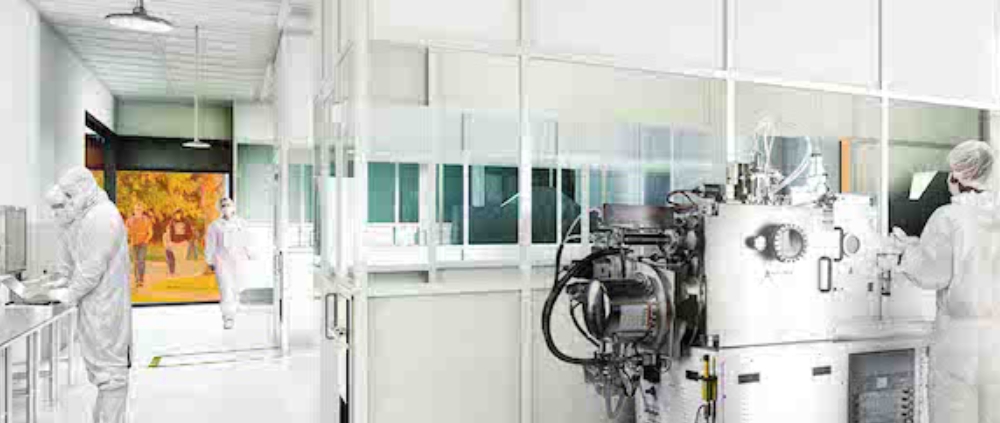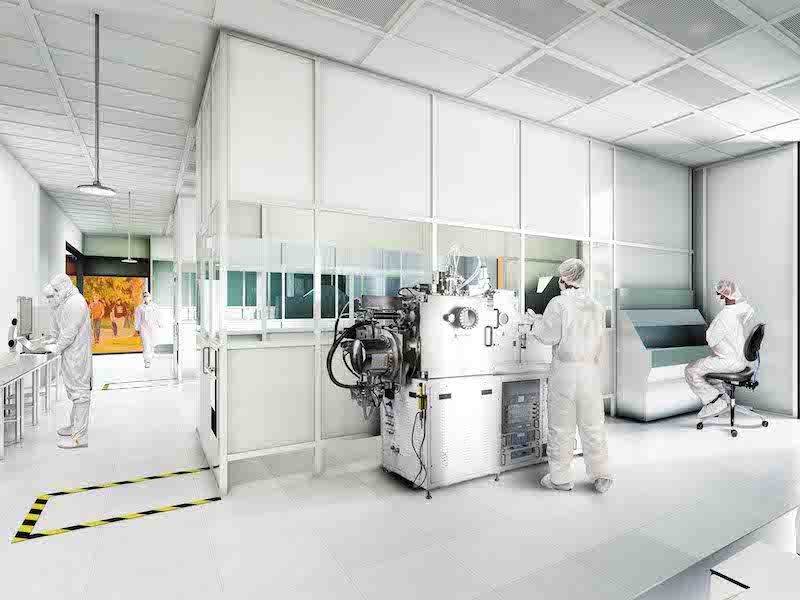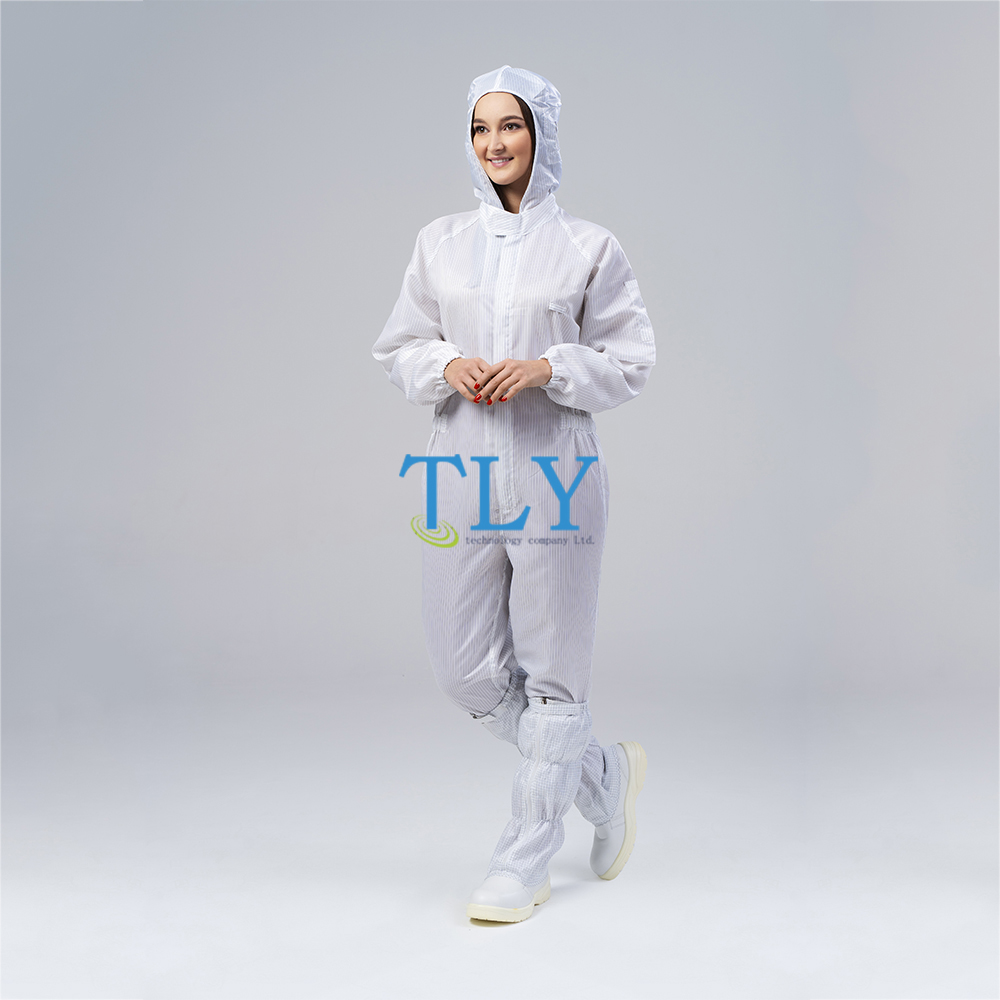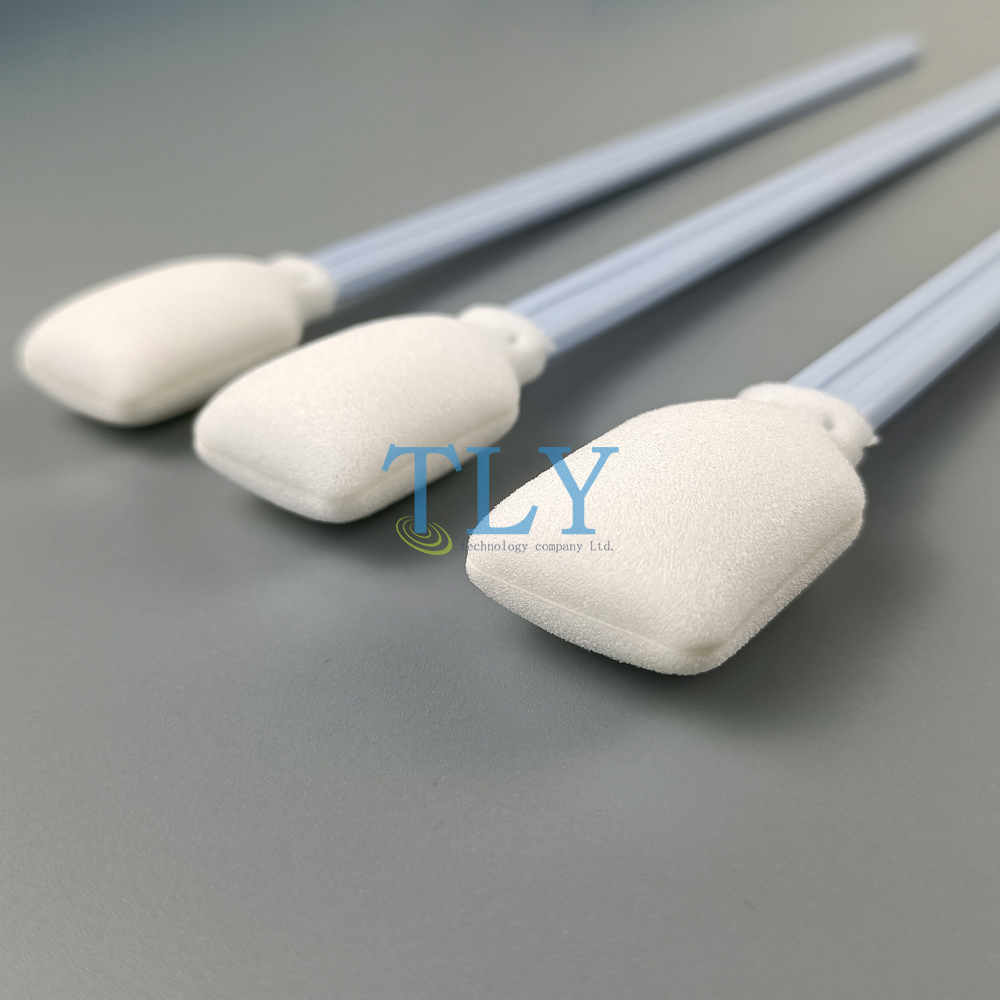Tulane receives $5 million for state-of-the-art cleanroom
Tulane University has secured $5 million in state and federal funding to build a new state-of-the-art nano-fabrication cleanroom that will enable students, faculty and commercial partners across the region to conduct advanced semiconductor and materials science research and development.
Approximately $2 million of the funding comes from the National Institute of Standards and Technology and will be used to purchase equipment for the facility. Another $3 million was appropriated by Louisiana lawmakers this past legislative session and will go toward construction of the cleanroom.
“This facility is another step forward in Tulane’s effort to reimagine New Orleans as a centre of research and discovery that will change the world for the better,” President Michael A. Fitts said. “It will help attract a critical mass of world-class researchers to our region and support the incredible work taking place at area universities, as well as at startups and leading companies across the Gulf South.”
“This facility is another step forward in Tulane’s effort to reimagine New Orleans as a centre of research and discovery.”, says President Michael A. Fitts.
The cleanroom will be housed in the soon-to-be-opened Steven & Jann Paul Hall for Science and Engineering on Tulane’s uptown campus. Its location next door to the Scot Ackerman MakerSpace will provide the opportunity for quickly prototyping discoveries. The facility will be available to researchers at Tulane, Xavier University, the University of New Orleans and others with the goal of promoting rapid development of existing regional research collaborations.
“The support we have received from the state and federal agencies, with the help of U.S. Sen. Bill Cassidy and State Sens. Cameron Henry and Royce Duplessis, has allowed us to build a facility that will be a resource for the entire region,” said Kimberly Foster, dean of the Tulane University School of Science and Engineering. “This type of facility is used for research and education, developing innovations in electronics, sensing and biotechnology, and training the next generation of tech workforce.”
Nanotechnology is driving innovation in biotechnology, drug development, energy, quantum computing and advanced manufacturing. Cleanroom facilities are needed to meticulously safeguard delicate testing and fabrication processes from contaminants. There are only a few such facilities among Gulf Coast states.
“Tulane’s new micro/nano-fabrication facility will lead to new technologies that harness quantum materials, capture and store renewable energy, advance our understanding of the brain, create new platforms for biosensing, and much more,” said Matthew Escarra, an associate professor in physics and engineering physics at Tulane, who also serves as faculty director of the nano-fabrication facility.
The cleanroom will join the statewide Core User Facilities (CUF), a network of cost-recovery centres dedicated to shared advanced instrumentation and facilities to support materials and manufacturing research.







